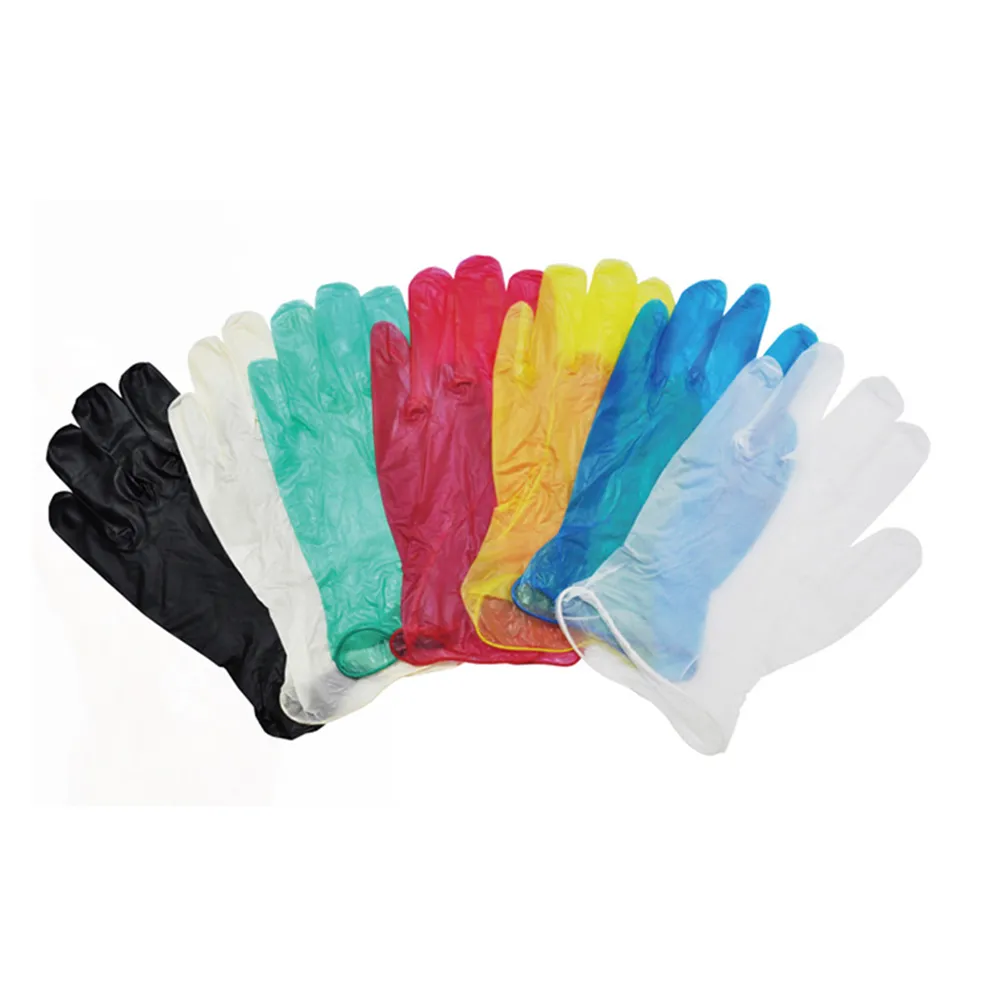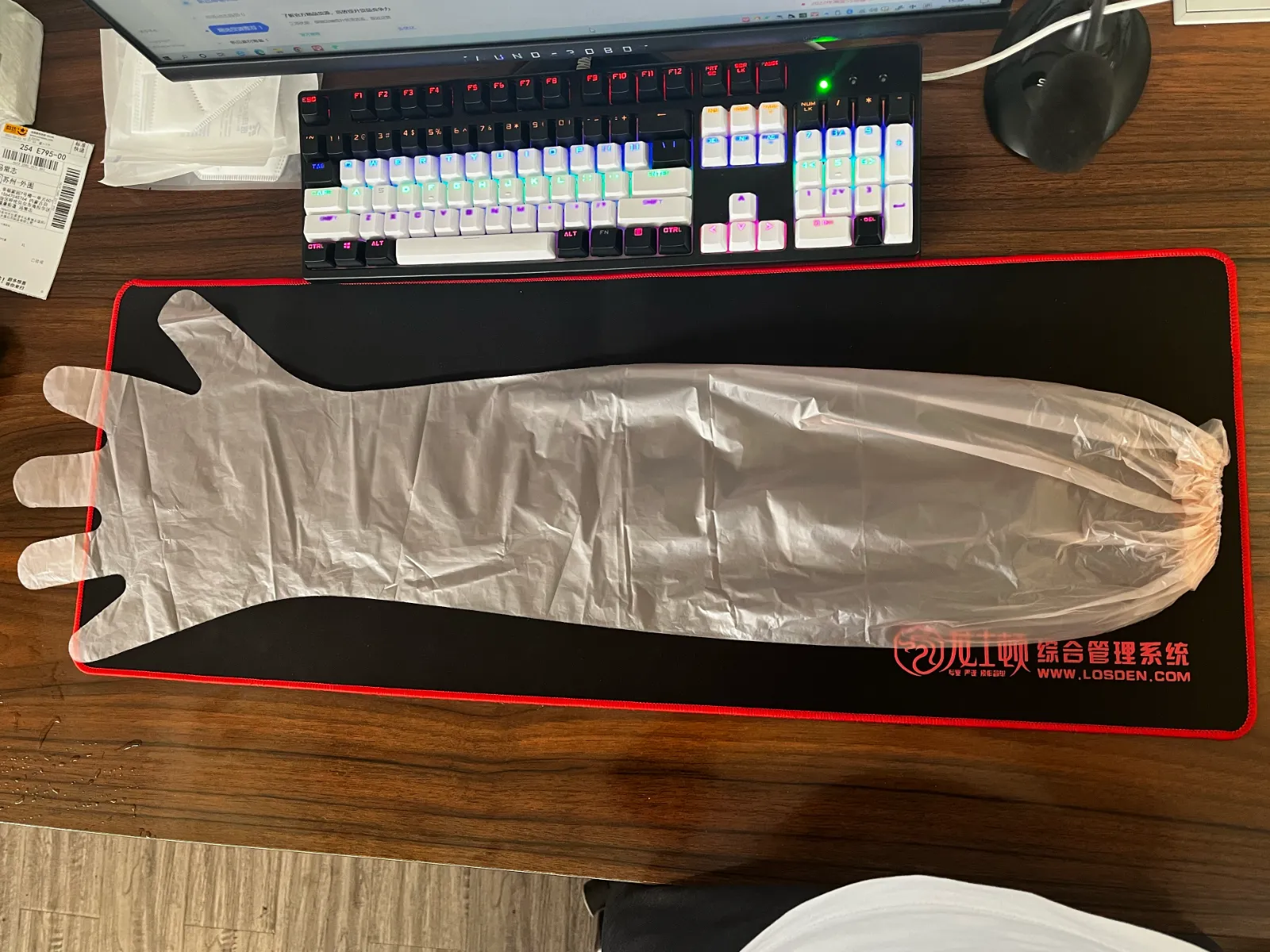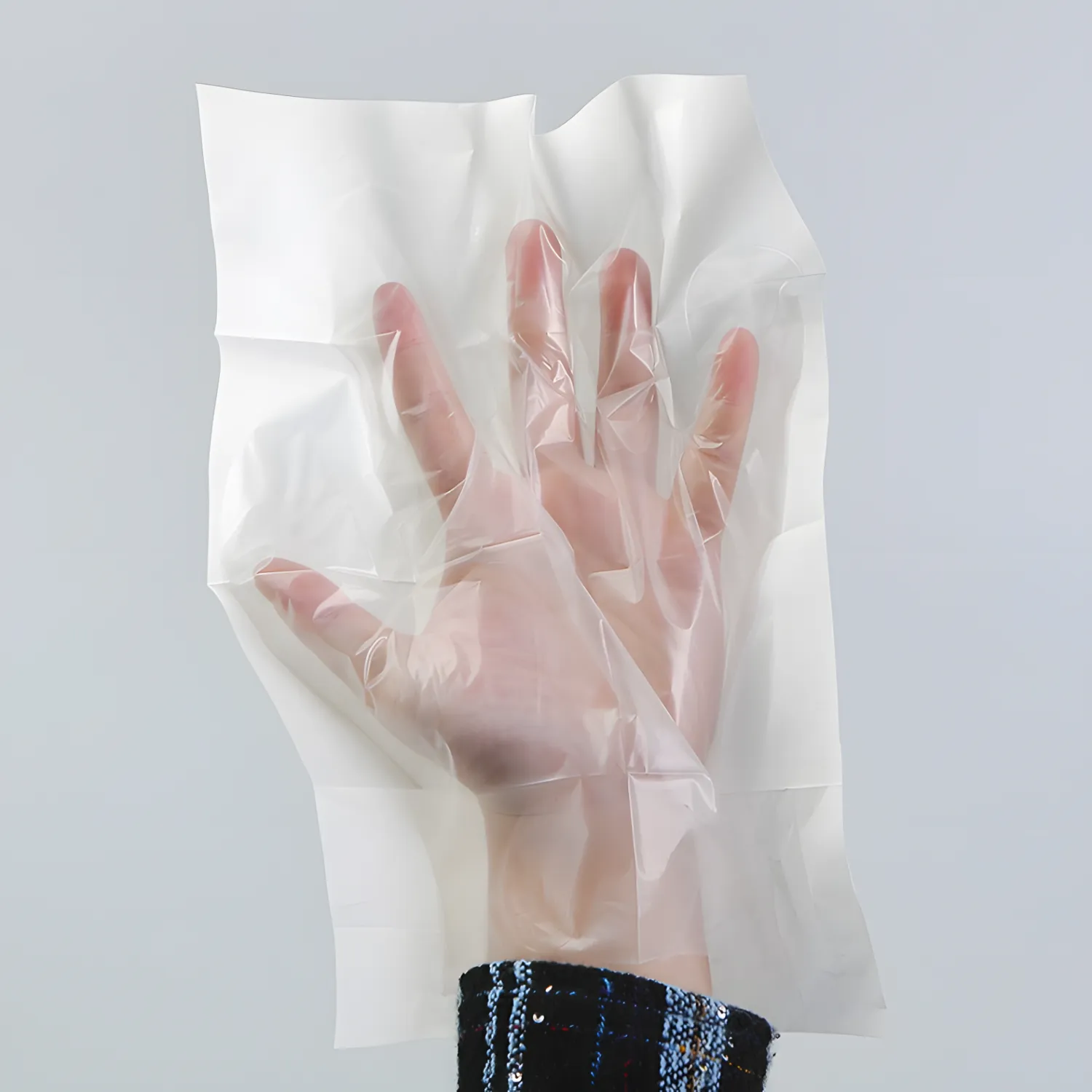Choosing the Right Disposable Gloves for Your Business
Glove Grades
- Medical/Exam Grade: Non-sterile, powder-free gloves meeting FDA requirements for chemical and puncture resistance. Used for non-surgical medical exams and procedures.
- Industrial Grade: For non-medical environments without bodily fluids or contaminants.
- Food Grade: Approved for food prep, handling, and light-duty tasks. Not intended for prolonged use.
Powder vs. Powder-Free
- Powdered gloves use cornstarch for easier donning but can leave residue causing cross-contamination.
- Powder-free gloves are preferred for manufacturing and food service to avoid contamination.
Thickness
- Measured in mils (1 mil = 0.001 inches) or grams.
- Thinner (<3 mils) for food prep, thicker (>5 mils) for heavy-duty tasks.
- 8-13 mils common for EMS and industrial use.
Textured Grips
- Rougher texture provides better grip, ideal for tasks requiring small tools (labs, dental clinics).
Material Options
Nitrile
- Heavy-duty, durable, latex-free option suitable for most chemicals and tasks (industrial, medical, cleaning, food prep).
- Excels with acids, oils, solvents; ideal for automotive.
Latex
- Reliable tear/puncture resistance for medium-duty tasks (dental, dishwashing, cleaning).
- Best option for acetone, chloroacetone, acetaldehyde, acetic acid.
Vinyl
- Latex-free protection against mild irritants (gardening, photo chemicals).
- Holds up to acids, bleaches, cleaners.
Poly
- Very thin (<1 mil), for basic protection and frequent changes.
- Food prep (cutting veggies, salads, sandwiches), light cleaning.
Hybrid
- Eco-friendly polyethylene blend, stretchier than poly.
- Cost-effective option for basic food prep and cleaning.
With this overview of key disposable glove attributes, you can select the right type to meet your business’s safety, performance and cost needs.







